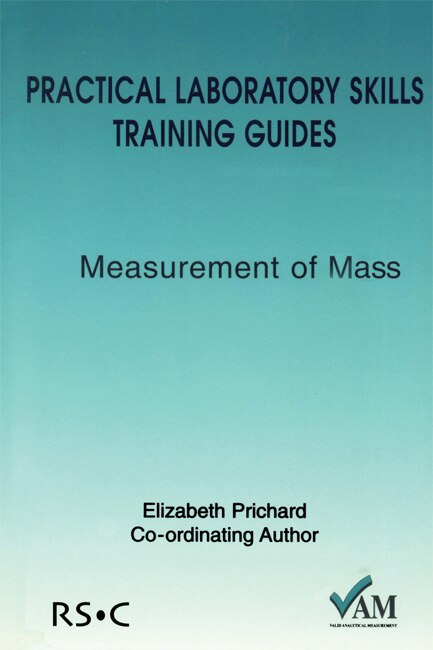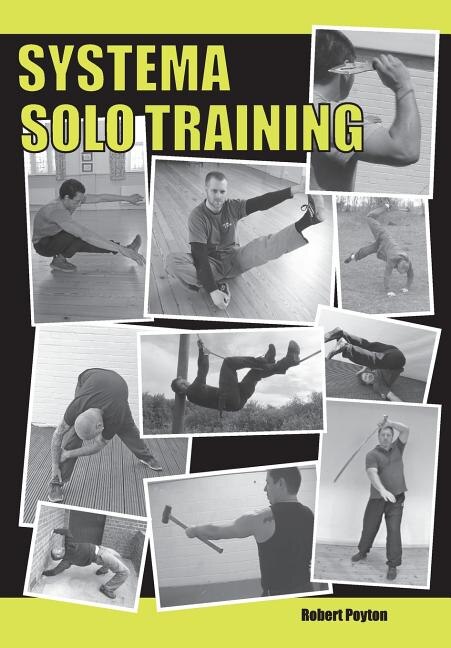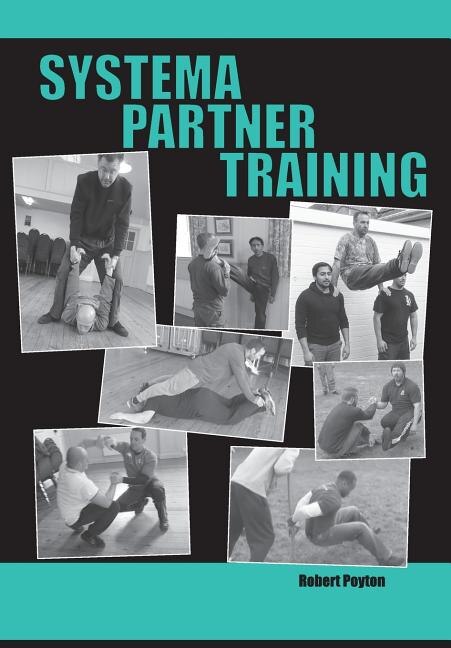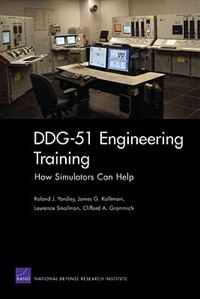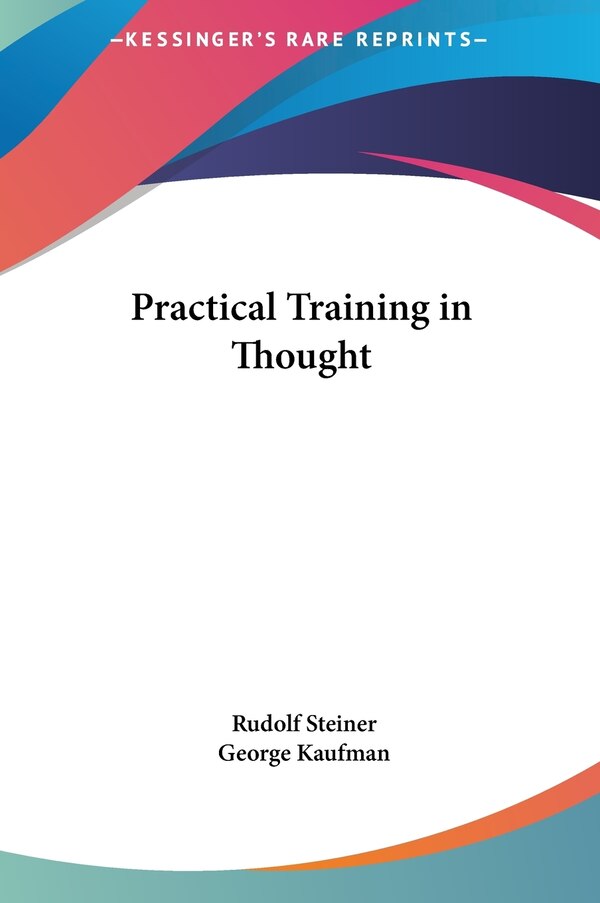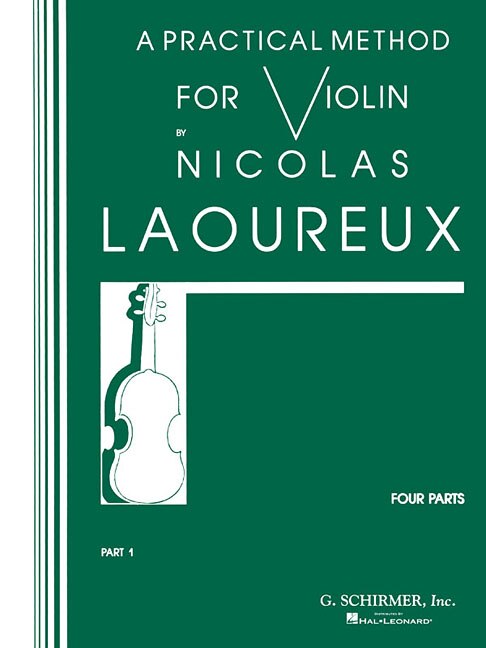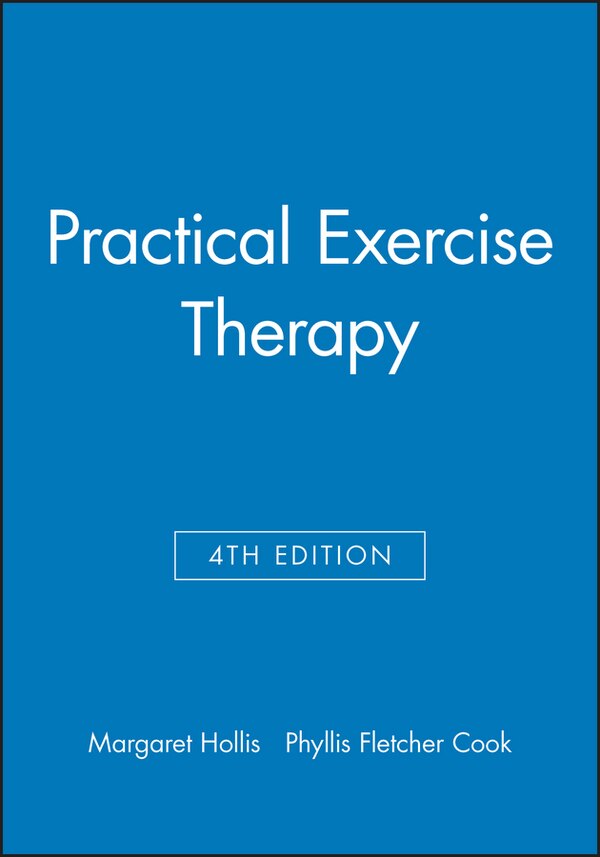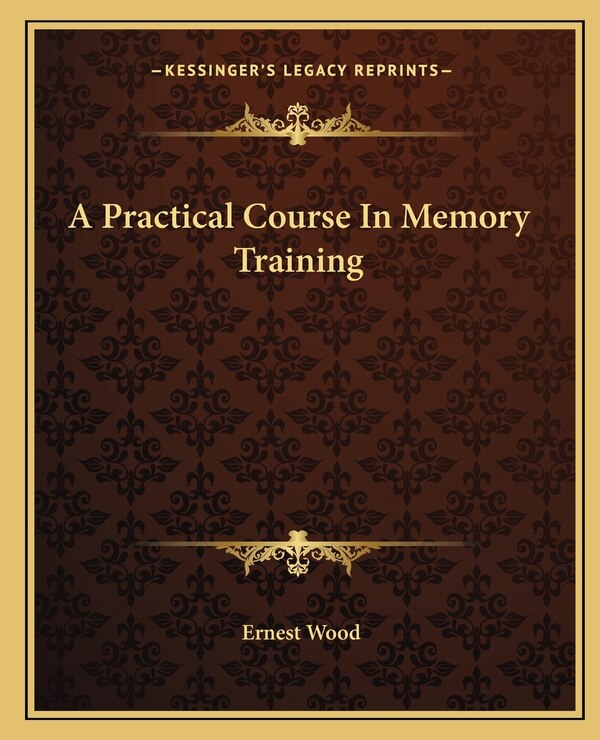
Compare Practical Training Techniques by Lyndon Pugh, Paperback | Indigo Chapters
Lyndon Pugh
$103.00
Despite the proliferation of cyber-this and digital-that, many people prefer to learn by face-to-face communication, and to acquire job-related skills and knowledge in their own workplace. Why? Perhaps because the abilities to talk, listen and explain clearly-in short, to communicate-are given equal shrift. Or because a fostering of these abilities is the responsibility of everyone in that workplace. Or even because, pragmatically speaking, such training can be done easily with a minimum of infrastructure and support. Whatever the reason, Lyndon Pugh's Practical Training Techniques speaks plainly and persuasively of the dynamic relationship between trainer and learner. It argues for the use of traditional training techniques based on classical ideas, describing a process that owes as much to Aristotle as to modern gurus such as Blanchard, Naisbitt and Tapscott. Traditional training, claims Pugh, is uniquely placed to meet the learning requirements of modern organizations, precisely because such organizations value on-site ongoing development over off-site "just in time" approaches. And while technology undoubtedly can improve the lot of trainers, as well as the efficiency of the learning process, belief in its efficacy as the primary channel for learning delivery is by no means universal. Practical Training Techniques takes the experts out of learning, and can be used by just about anyone who needs to train just about anyone else, to do. well, just about anything! | Practical Training Techniques by Lyndon Pugh, Paperback | Indigo Chapters



